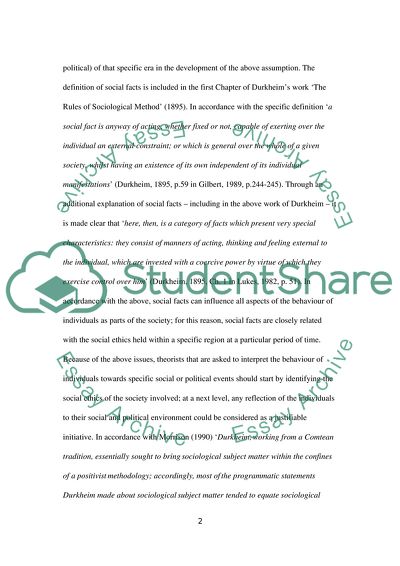Cite this document
(The Development of Durkheim's Social Realism Assignment, n.d.)
The Development of Durkheim's Social Realism Assignment. Retrieved from https://studentshare.org/sociology/1549124-emile-durkheim-the-rules-of-sociological-method-and-suicide
The Development of Durkheim's Social Realism Assignment. Retrieved from https://studentshare.org/sociology/1549124-emile-durkheim-the-rules-of-sociological-method-and-suicide
(The Development of Durkheim'S Social Realism Assignment)
The Development of Durkheim'S Social Realism Assignment. https://studentshare.org/sociology/1549124-emile-durkheim-the-rules-of-sociological-method-and-suicide.
The Development of Durkheim'S Social Realism Assignment. https://studentshare.org/sociology/1549124-emile-durkheim-the-rules-of-sociological-method-and-suicide.
“The Development of Durkheim'S Social Realism Assignment”, n.d. https://studentshare.org/sociology/1549124-emile-durkheim-the-rules-of-sociological-method-and-suicide.


